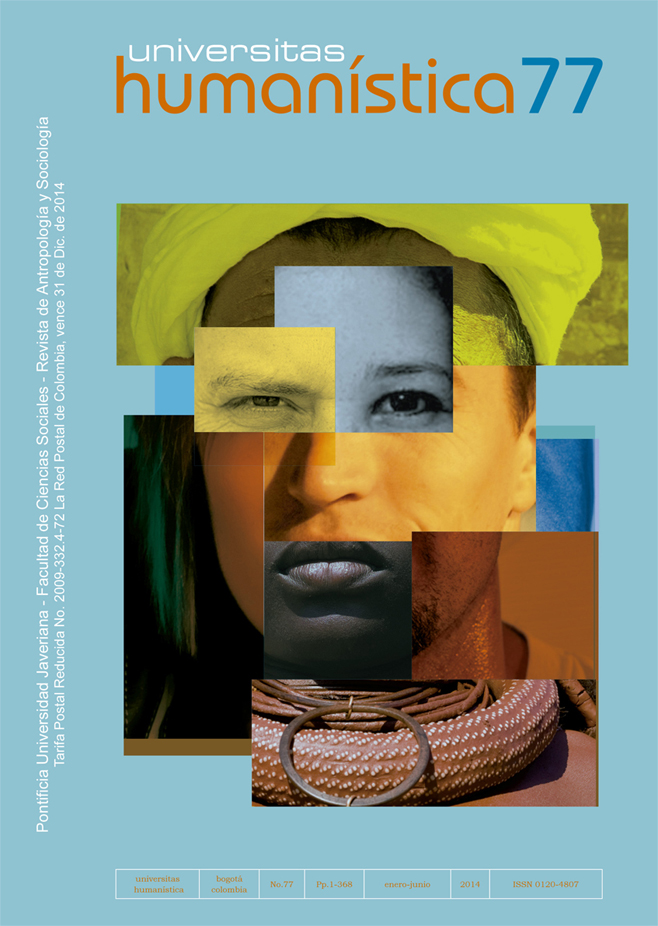Abstract
This paper reflects and discusses the partial results of an exploratory investigation carried out in the sister cities of Cachoeira and São Felix, in the Brazilian state of Bahia. Such exploration was part of a multicenter research effort coordinated by the Joaquim Nabuco Foundation (FUNDAJ), a federal investigation entity with its head office in Recife, Pernambuco, Brazil. The research project “Intergenerational Transferability: Poverty and Racial Inequality: visions and perceptions”, coordinated by the FUNDAJ, sought to explore in six Brazilian states from the Northwest (the poorest region of the country with the highest quantity of black inhabitants) the variations of the education expectations of parents and children from a qualitative perspective attentive to socially produced meanings and controlling race / color. Preliminary results indicate that the gender dimensions must be considered seriously for questioning the formation of racial identities in popular contexts and, particularly, the relationship of youth with school.

This journal provides immediate open access to its content on the principle that making research freely available to the public, encourages greater global exchange of knowledge.
The journal Universitas Humanística is registered under a Creative Commons Attribution 4.0 International Public License. Thus, this work may be reproduced, distributed, and publicly shared in digital format, as long as the names of the authors and Pontificia Universidad Javeriana are acknowledged. Others are allowed to quote, adapt, transform, auto-archive, republish, and create based on this material, for any purpose (even commercial ones), provided the authorship is duly acknowledged, a link to the original work is provided, and it is specified if changes have been made. Pontificia Universidad Javeriana does not hold the rights of published works and the authors are solely responsible for the contents of their works; they keep the moral, intellectual, privacy, and publicity rights.
Approving the intervention of the work (review, copy-editing, translation, layout) and the following outreach, are granted through an use license and not through an assignment of rights. This means the journal and Pontificia Universidad Javeriana cannot be held responsible for any ethical malpractice by the authors. As a consequence of the protection granted by the use license, the journal is not required to publish recantations or modify information already published, unless the errata stems from the editorial management process. Publishing contents in this journal does not generate royalties for contributors.


